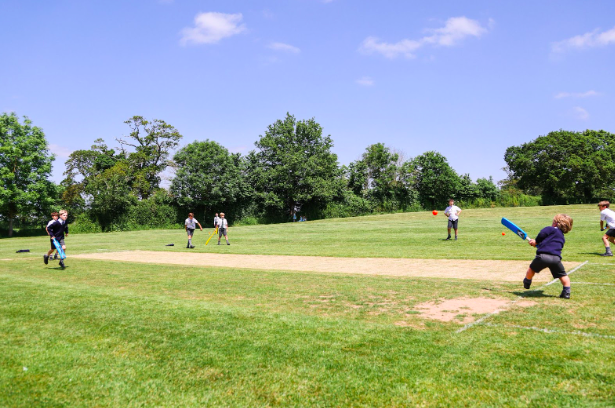 We have to thank the wonderful MFL department for September’s fantastique Modern Foreign Language week. As explained by Madame Evans to all the pupils, learning a language does wonders for your memory and can develop all parts of the brain. As it improves brain plasticity and creates new pathways, language learning has been proved to be extremely beneficial in several areas by several scientific studies of the brain:
We have to thank the wonderful MFL department for September’s fantastique Modern Foreign Language week. As explained by Madame Evans to all the pupils, learning a language does wonders for your memory and can develop all parts of the brain. As it improves brain plasticity and creates new pathways, language learning has been proved to be extremely beneficial in several areas by several scientific studies of the brain:
- better memory
- better aptitude at problem-solving
- better ability to multi-task
- better decision-making
- better English skills
- delayed onset of dementia and Alzheimer’s disease
 And the good news is that it is never too late to start learning a foreign language. It might be harder and require more effort, but you will still reap the benefits. Our MFL department is strongly committed to languages for all and it is great to get out of your comfort zone by learning non-European languages. It is amazing to see so many dedicated budding linguists and to witness how quickly they are able to memorise a new language.
And the good news is that it is never too late to start learning a foreign language. It might be harder and require more effort, but you will still reap the benefits. Our MFL department is strongly committed to languages for all and it is great to get out of your comfort zone by learning non-European languages. It is amazing to see so many dedicated budding linguists and to witness how quickly they are able to memorise a new language.
From playground games, singing songs, answering quizzes, language tasters (Mandarin, Arabic, Russian and Maori), a great Haka performance, to meeting and listening to guest speakers…. the Modern Foreign Languages week was…‘TOP NOTCH’!
Core Academic Languages Vision Statement: Innovative, exciting, inspiring.
Developing learners with enthusiasm for language that enables free thinking, critical appreciation and expression of thought without inhibition.

Language has a pre-eminent place in education and in society. A high-quality education in Core Academic Languages will teach pupils to speak and write fluently so that they can communicate their ideas and emotions to others. By developing reading and listening skills a high quality education in English and MFL will enable others to communicate and engage with pupils effectively. Through reading in particular, pupils have a chance to develop culturally, emotionally, intellectually, socially and spiritually. Literature, especially, plays a key role in such development and this is an aspect of the curriculum that is developed through access to a wide range of multi-cultural and purposeful texts in both print and media. All the skills of language are essential to participating fully as a member of society and this is something that is developed and supported at St Peter’s from Nursery level.
At St Peter’s the nature of the Core Academic Languages curriculum is to allow pupils the opportunity to engage with their own worlds by allowing them to fully access their individual abilities to articulate their thoughts, feelings and perspectives on what they see around them and how they feel. This articulation will be encouraged through spoken and written English, French and Spanish. All children at St Peter’s will be given the opportunity and encouragement to achieve and exceed their individual targets through the provision of high-quality teaching, personalised learning, access to age-appropriate libraries and ICT resources this will be supported through a thorough and robust provision of enrichment opportunities.









